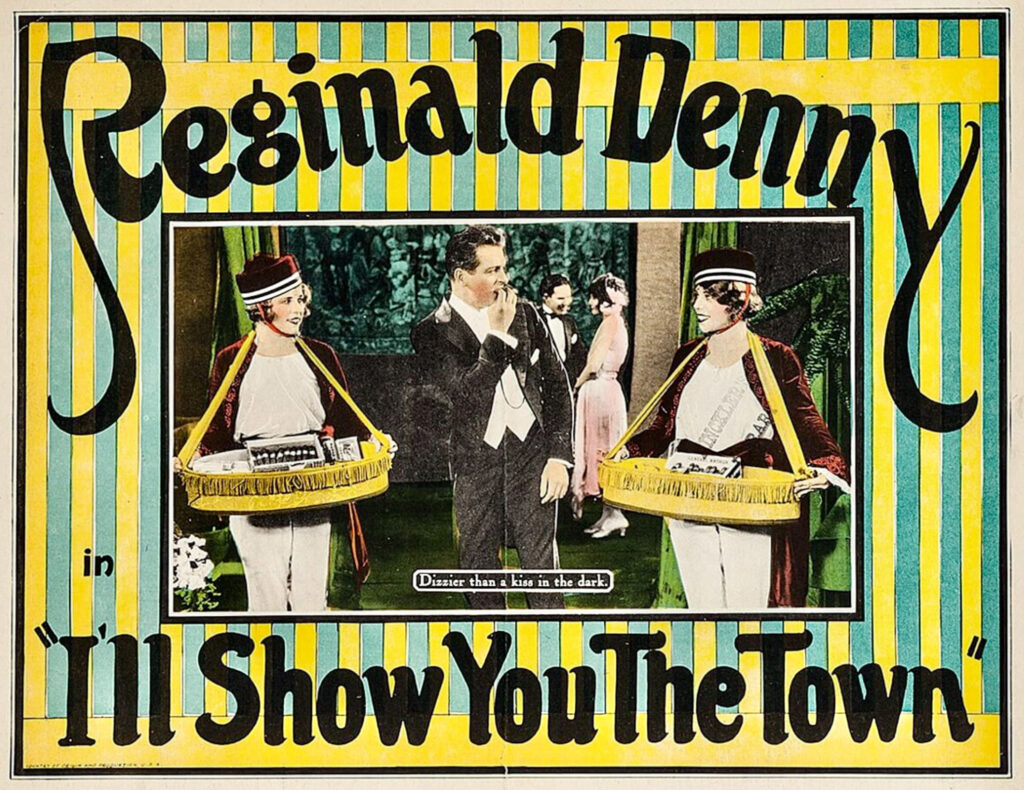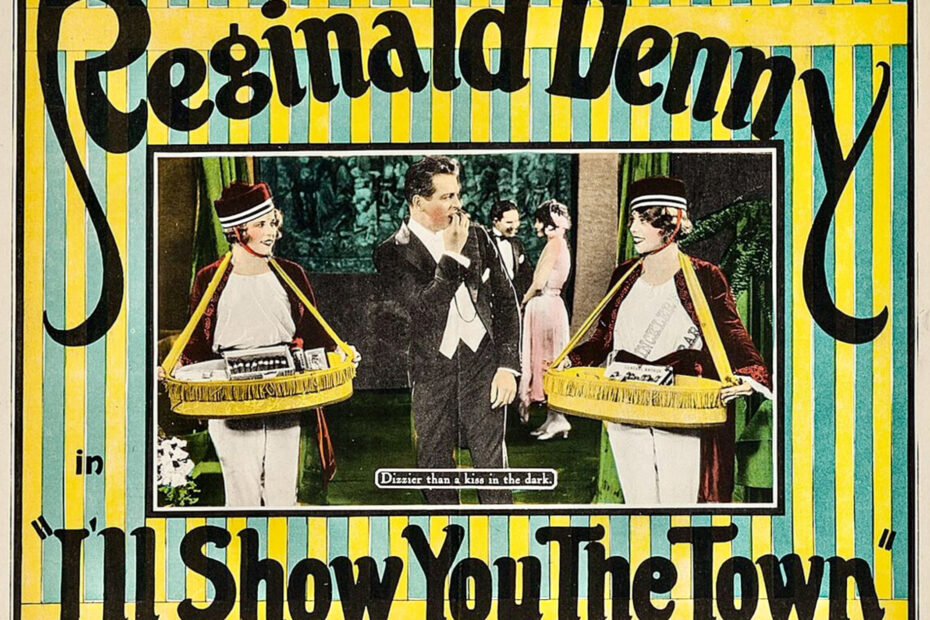
One of the questions people ask me is “Do you ever accompany a film that you haven’t seen before?” The answer is “yes”. Although it happens less often than it did a decade or so ago, because now most films either have been restored digitally and an archive can provide a private screener link, or there’s another edition of the film on YouTube. However, there are still occasions where I’m booked to play for a film where neither scenario is possible.
Sometimes a film is provided in 35mm to a festival or a venue I’m playing at which is a title that has not been released on home-video, or hasn’t been restored or even scanned by that archive. Not all film archives have scanning facilities, and even those that do may not have the staff and funding to go through their holdings and scan everything.
This week, I find myself in this very situation, where I’ll be “sight-reading” a silent film at a show. The term is one I’ve borrowed from music. Sight-reading a piece of music is when you sit down and play a piece of sheet music without having seen it before.
The 21st annual Capitolfest will be screening the Reginald Denny comedy feature I’ll Show You the Town (1925), which I will be accompanying on Sunday August 11. The film is being shown in a 35mm print from an archive, and there is no screener. (I went to YouTube to double-check, in case this had ever been put out on DVD by Grapevine or Alpha and then uploaded by some YT user. No hits. And, for some algorithmic reason, a YouTube search for “Reginald Denny I’ll show you the town” turns up a slew of videos about Rodney King and the LA riots from that time.)
What I’m doing as a way of preparing for the film is what I did last year for a film I played at Capitolfest: I’ve looked it up on Media History Digital Library via its “Lantern” search engine. The MHDL (or, as I call it, “muhuddle”) is a vast and valuable text-searchable online resource of moving picture and broadcast trade papers and magazines. The first page of results contained a couple ads and several one-sentence quotes from local movie theater managers in a column called “What the Picture Did For Me”. These told me the film was very successful and well-received at the time, which at least let me know the Capitolfest audience is in for a good time.
Next in the list of results were a couple reviews. These are useful as often the review describes some of the reviewer’s favorite scenes, and also because following the brief write-up on the film there is a list of cast and credits (and sometimes the total footage), followed by a one-paragraph synopsis of the film.
Here’s the synopsis I found in a June 1925 issue of Moving Picture World:
Alec Dupree, college professor, is called on to induce a middle-aged widow to donate funds to the college. Circumstances find him with engagements with three women at a restaurant the same evening. One is this widow, the second the friend of a friend and the third a charming girl with whom he has fallen in love. He manages the situation for a time by going from one table to the other when a boy pages him. Returned to his hotel, Alec finds an old sweetheart, now married, in his rooms. Her enraged husband shows up and Alec hides her in another room. The male occupant of that room hastily returns her, and she is further moved around. Alec and she are caught just as the elevator discharges his friends of the evening before, and he is discredited. Desperate, he runs off with the girl he loves and wins her “yes.”
review in Moving Picture World, June 6, 1925, p. 628
Here are a few morsels cited in the MPW review by Sumner Smith:
Its two highlights are a man’s attempt to secretly dine three women at one time in a restaurant and, later, to remain on the best of terms with them when they call at his hotel and, furthermore, get rid of a raging husband and the wife that the hero has befriended. From the standpoint of pure comedy, probably the funniest scenes are those in the restaurant between Denny and Cissy Fitzgerald. She imagines herself drunk on prohibition champagne and Denny rivals her grotesque dancing when a bit of ice slips down the back of his neck. Eventually they are put out of the restaurant. While Denny is consistently good, too much praise cannot be given Miss Fitzgerald for her work in the scenes allotted her.
The hotel scene has to do with an escape from the raging husband. His wife is the butt of the comedy, being shoved from one room to another. The denouement is effectively staged in a corridor, before the elevator, and in these scenes the characters are perfectly posed. How well knit is the story becomes apparent in this final big scene which brings all the characters together.
I also found this in a very brief write-up in the June 27, 1925 Exhibitors Herald:
HIGHLIGHTS: Drinking of the “orange juice.”…Scene when couple fall through the street…Subtitles…Comedy enacted in the restaurant.
Preparing to live-score a silent film is all about anticipating what’s coming next, and having even a handful of clues like this is a huge help, especially in this case where both I and and the audience are seeing the film for the first time.
Capitolfest 21 will be held August 9-11, 2024 in Rome NY, and its film schedule can be found here. All screenings are held at the historic 1928 Capitol Theater, and the silent films will be accompanied on the theater’s original-installation Möller theatre pipe organ.
Subscribe to my blog! You’ll receive my posts via email.
[newsletter_form]
